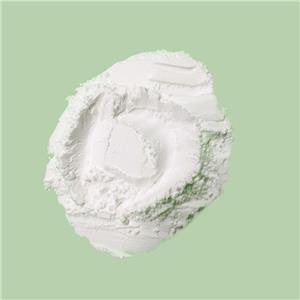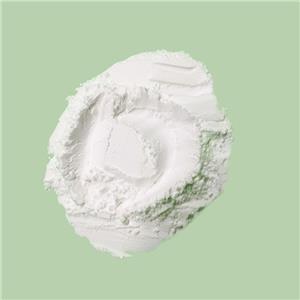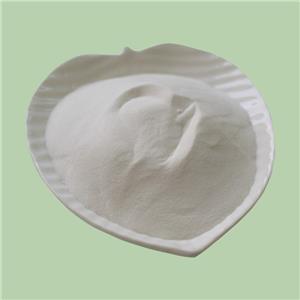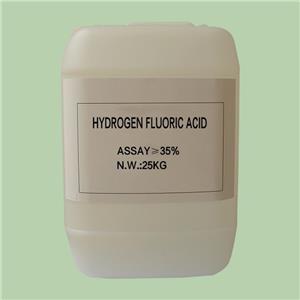Sodium Fluoborate In Fueling Oil Extraction
Sodium fluoborate, also known as sodium tetrafluoroborate, occupies a significant position in the realm of industrial chemistry, owing to its versatile properties and wide-ranging applications across diverse sectors. Its relevance in the oil industry, in particular, underscores its pivotal role in enhancing oil extraction processes.
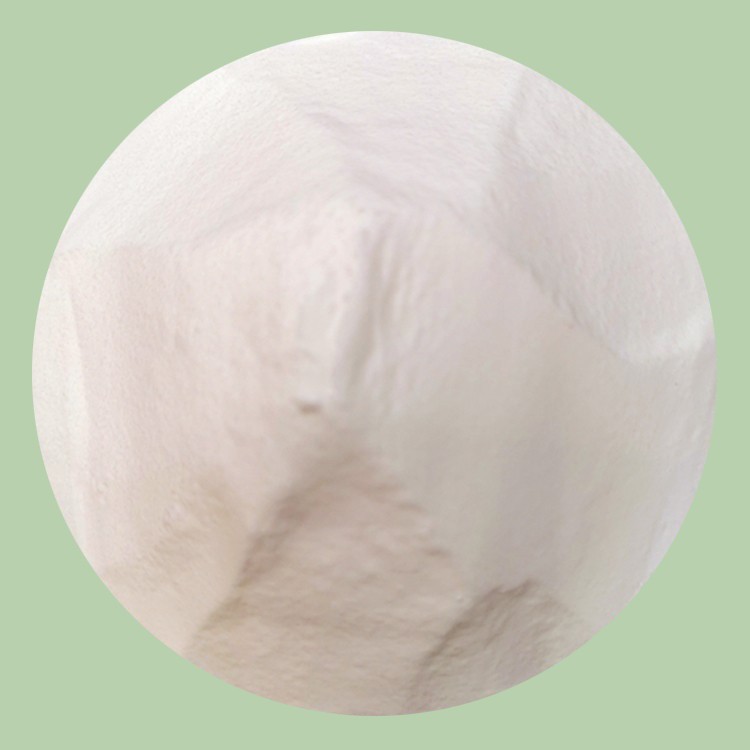
In the context of oil extraction, sodium fluoborate plays a crucial role in the process of acidizing, which is instrumental in optimizing the productivity of oil wells. As oil wells are drilled, formation damage inevitably occurs, impeding the smooth flow of oil. Acidizing involves the strategic use of chemicals like sodium fluoborate to dissolve this formation damage, thereby facilitating improved contact between the wellbore and the reservoir. By effectively dissolving obstructions within the formation, sodium fluoborate enables a more efficient extraction of oil, ultimately boosting well productivity.

The choice of sodium fluoborate as an acidizing agent is rooted in its distinctive chemical properties. Notably, it exhibits strong acidic characteristics coupled with low corrosion rates, ensuring effective dissolution of formation damage while minimizing adverse effects on the integrity of the well infrastructure. Furthermore, its low environmental impact aligns with the increasing emphasis on sustainability and regulatory compliance within the oil industry.
Beyond its role in acidizing, sodium fluoborate serves as an essential additive in drilling mud formulations. Drilling mud plays a multifaceted role in drilling operations, providing lubrication and cooling for the drill bit, as well as facilitating the removal of debris from the wellbore. By incorporating sodium fluoborate into drilling mud, its density can be increased, thereby bolstering the structural integrity of the wellbore and mitigating the risk of collapse. Additionally, the controlled density of the drilling mud helps in regulating the pressure within the wellbore, ensuring safe and efficient drilling operations.
The suitability of sodium fluoborate for use in drilling mud formulations is further accentuated by its inherent properties. Its water-soluble nature allows for easy integration into water-based mud systems, enhancing the overall efficacy of the drilling fluid. Moreover, its non-toxic and environmentally friendly characteristics make it a preferred choice, particularly in light of stringent environmental regulations governing industrial operations.
While its significance in the oil industry is undeniable, the utility of sodium fluoborate extends beyond this sector. It finds application in various other industries, including metal finishing, where it is utilized in processes such as electroplating and surface treatment to enhance the durability and aesthetic appeal of metal surfaces. Additionally, sodium fluoborate is employed in glass etching applications, where it facilitates the precise removal of material to create intricate patterns and designs. Furthermore, in the realm of electronic component manufacturing, sodium fluoborate plays a crucial role in the production of soldering fluxes, which are essential for soldering processes in electronic assembly.
In conclusion, sodium fluoborate emerges as a versatile and indispensable industrial chemical with diverse applications. Its role in the oil industry as an acidizing agent and drilling mud additive underscores its significance in enhancing oil extraction processes. Moreover, its unique properties make it well-suited for a plethora of applications across various industrial sectors, cementing its status as a valuable asset in the realm of industrial chemistry.
- Fluoride Salt
- Ammonium Fluoride
- Sodium Fluoride
- Potassium Fluoride
- Sodium Hydrogenfluoride
- Potassium Bifluoride
- Magnesium Fluoride
- Aluminium Fluoride
- Barium Fluoride
- Lithium Fluoride
- Strontium Fluoride
- Nickel Fluoride
- Zinc Fluoride

